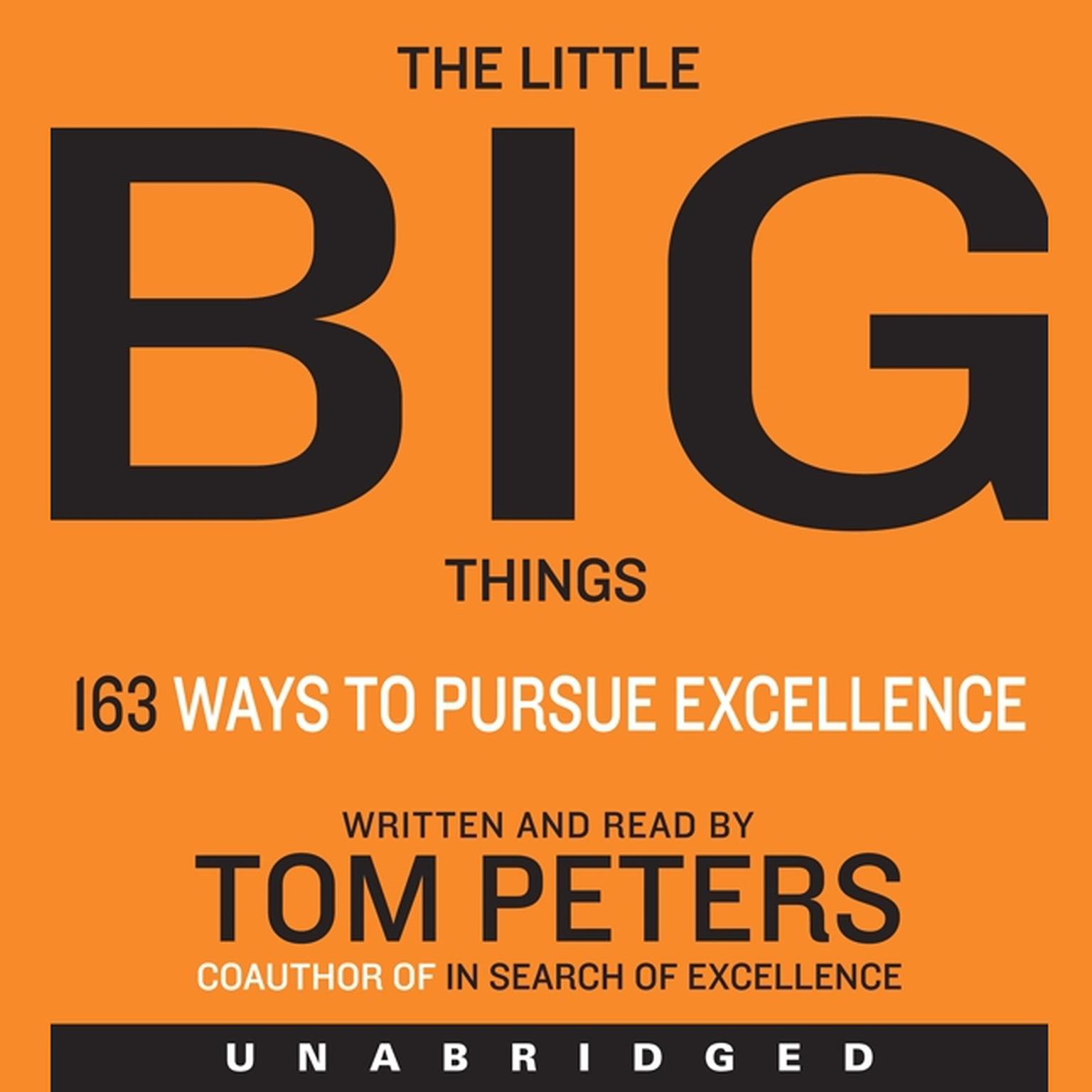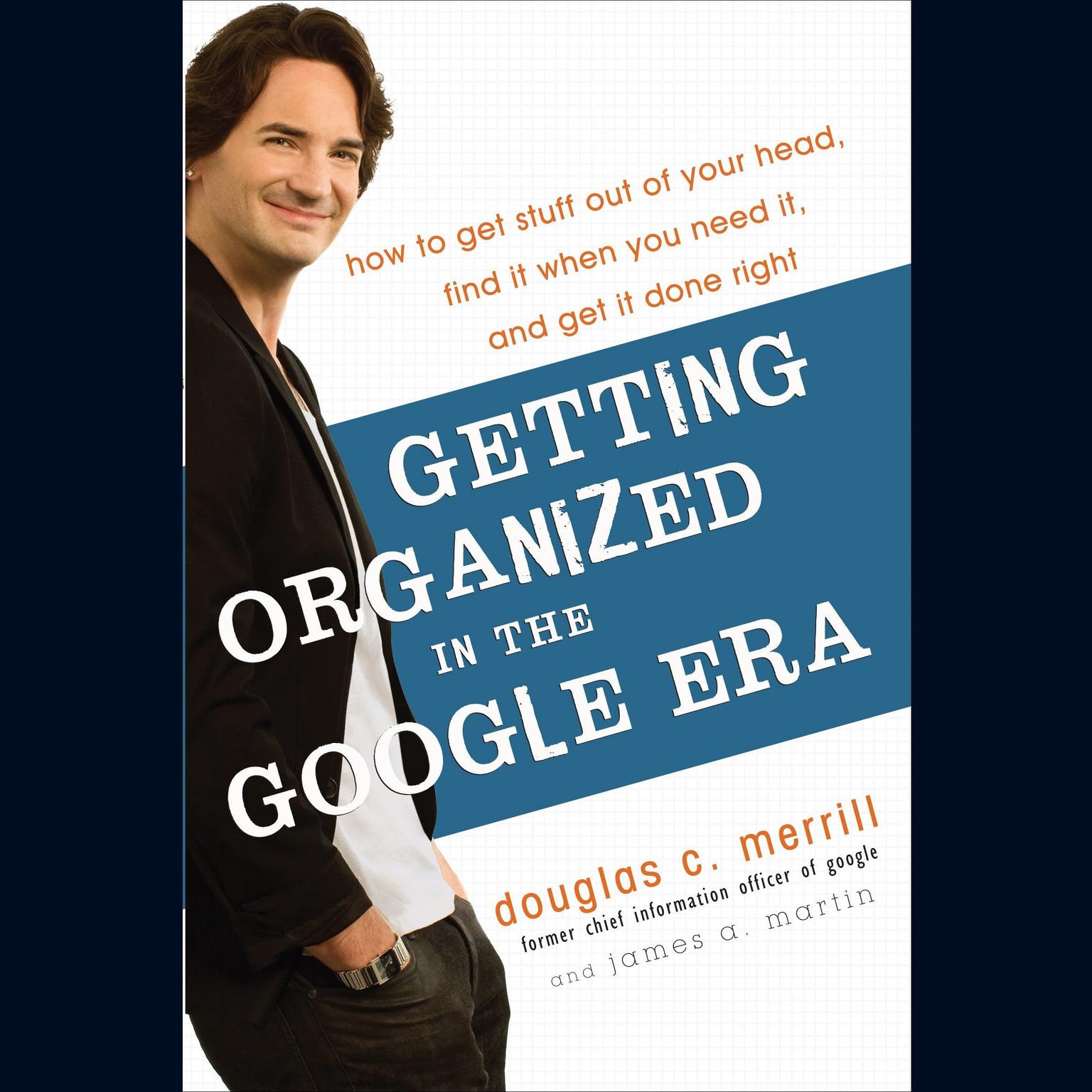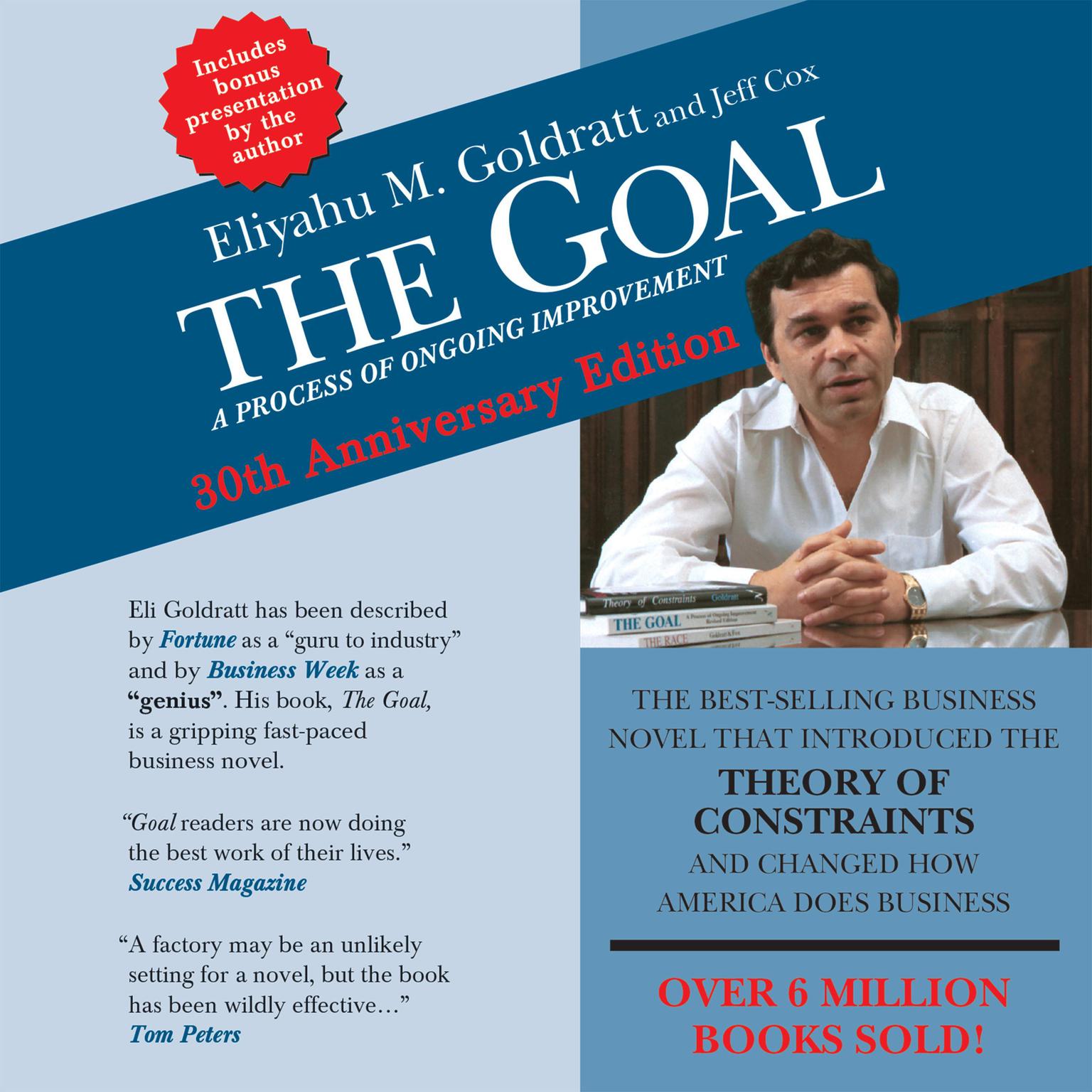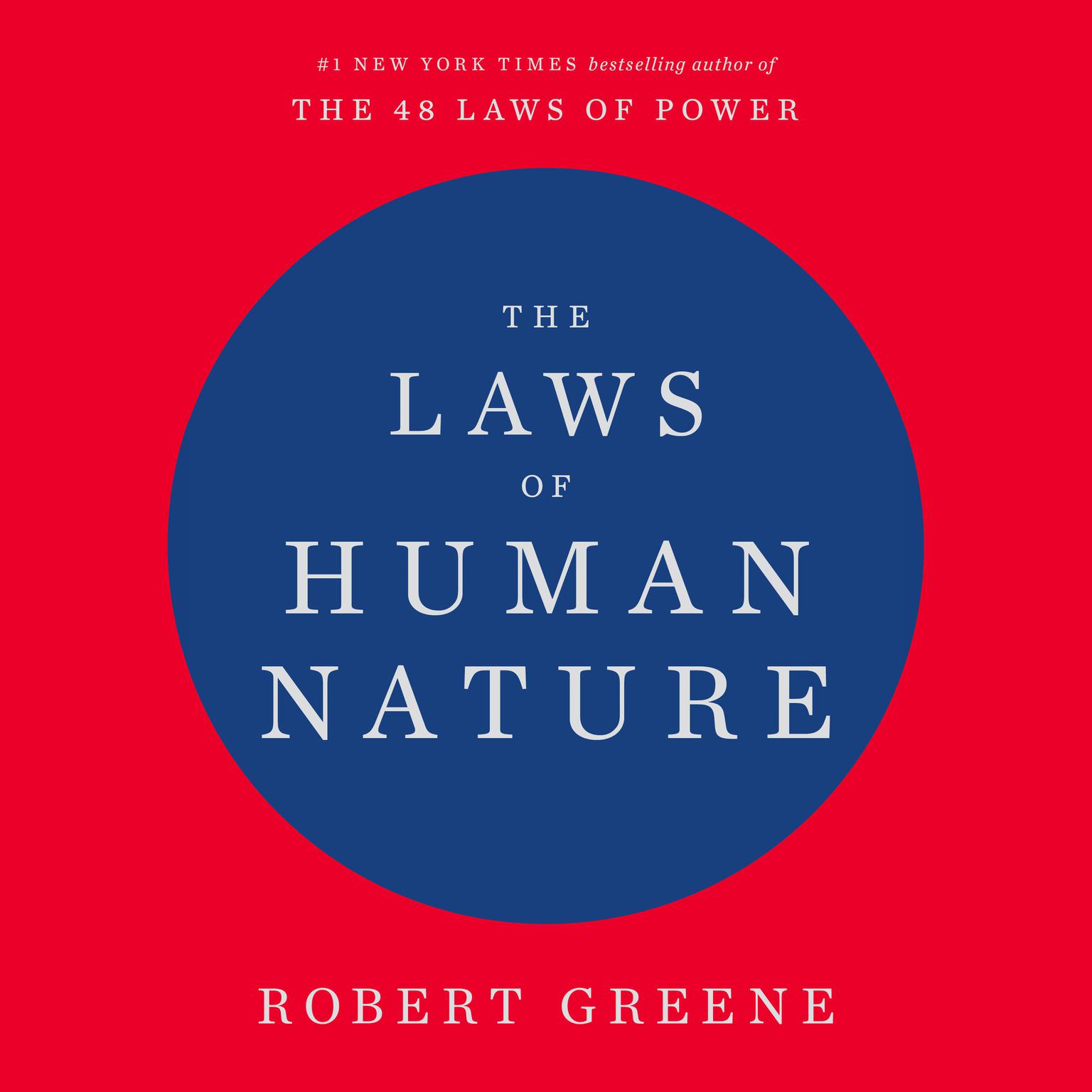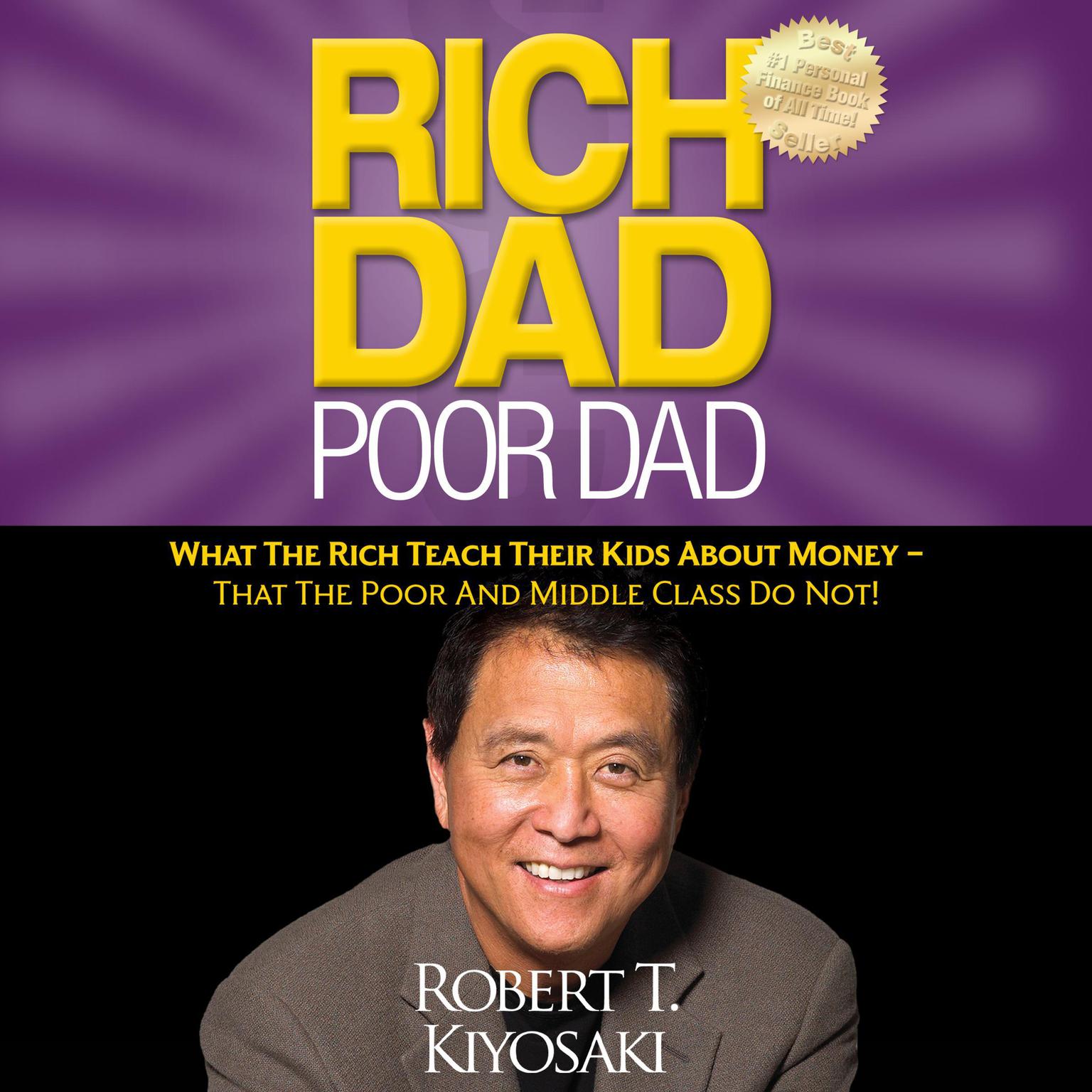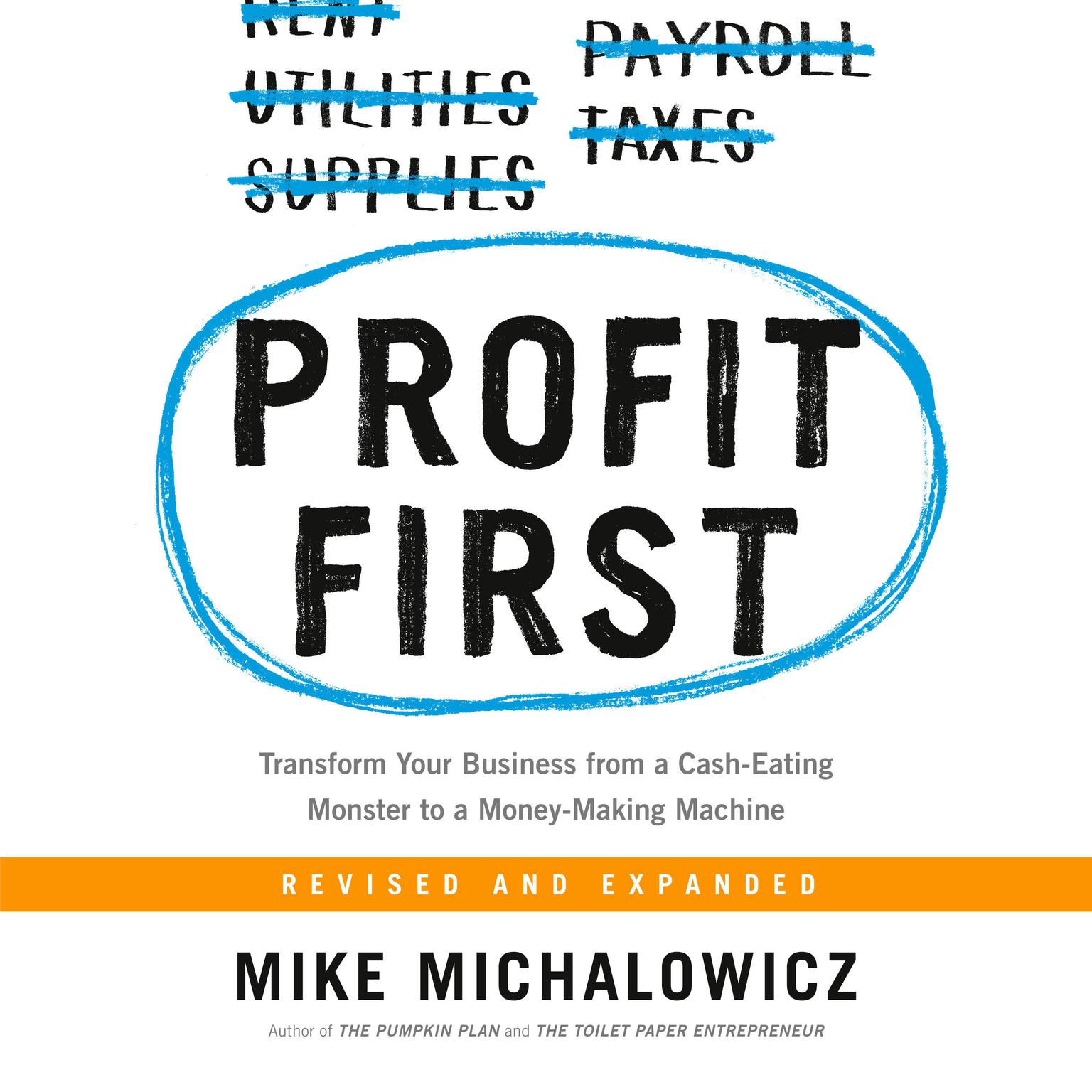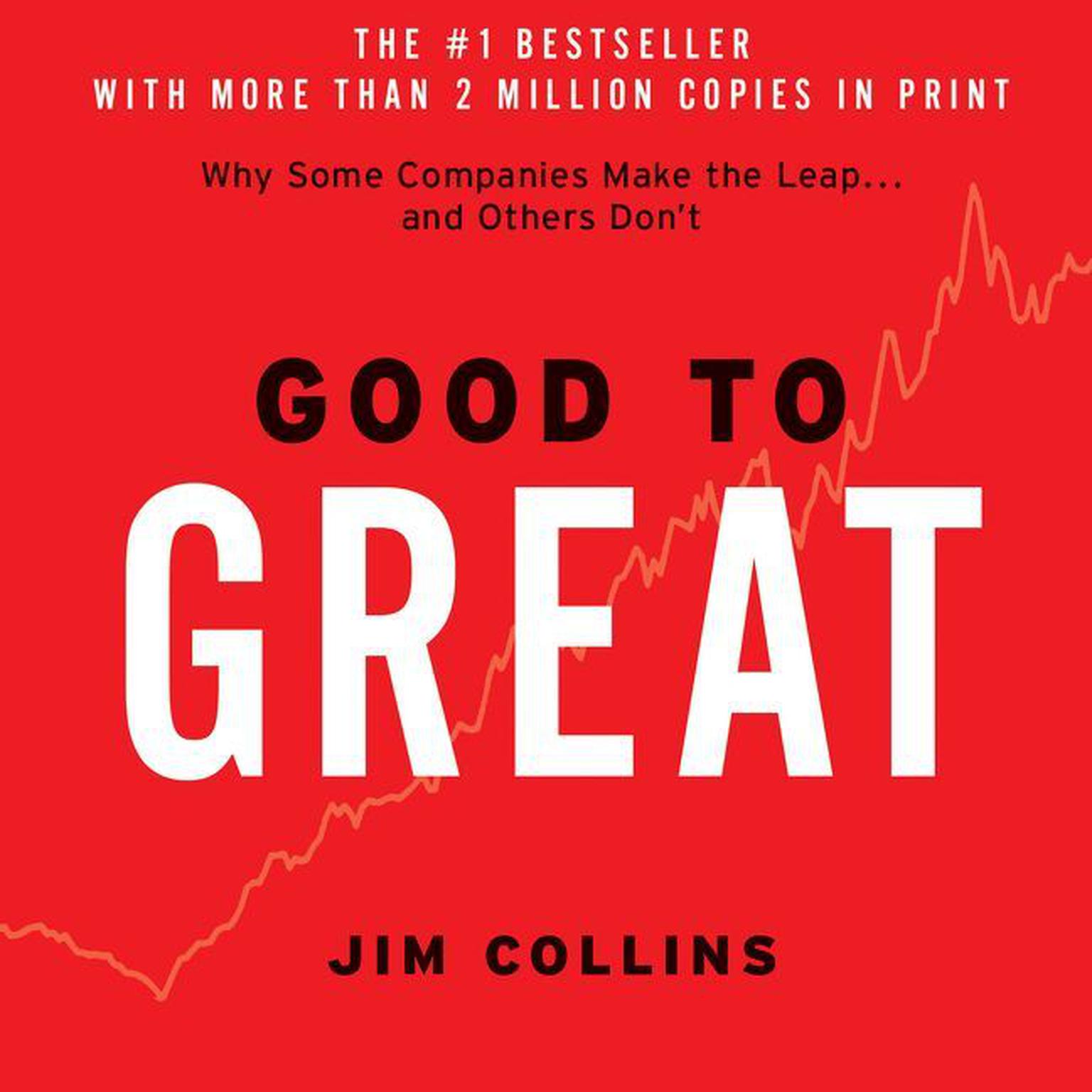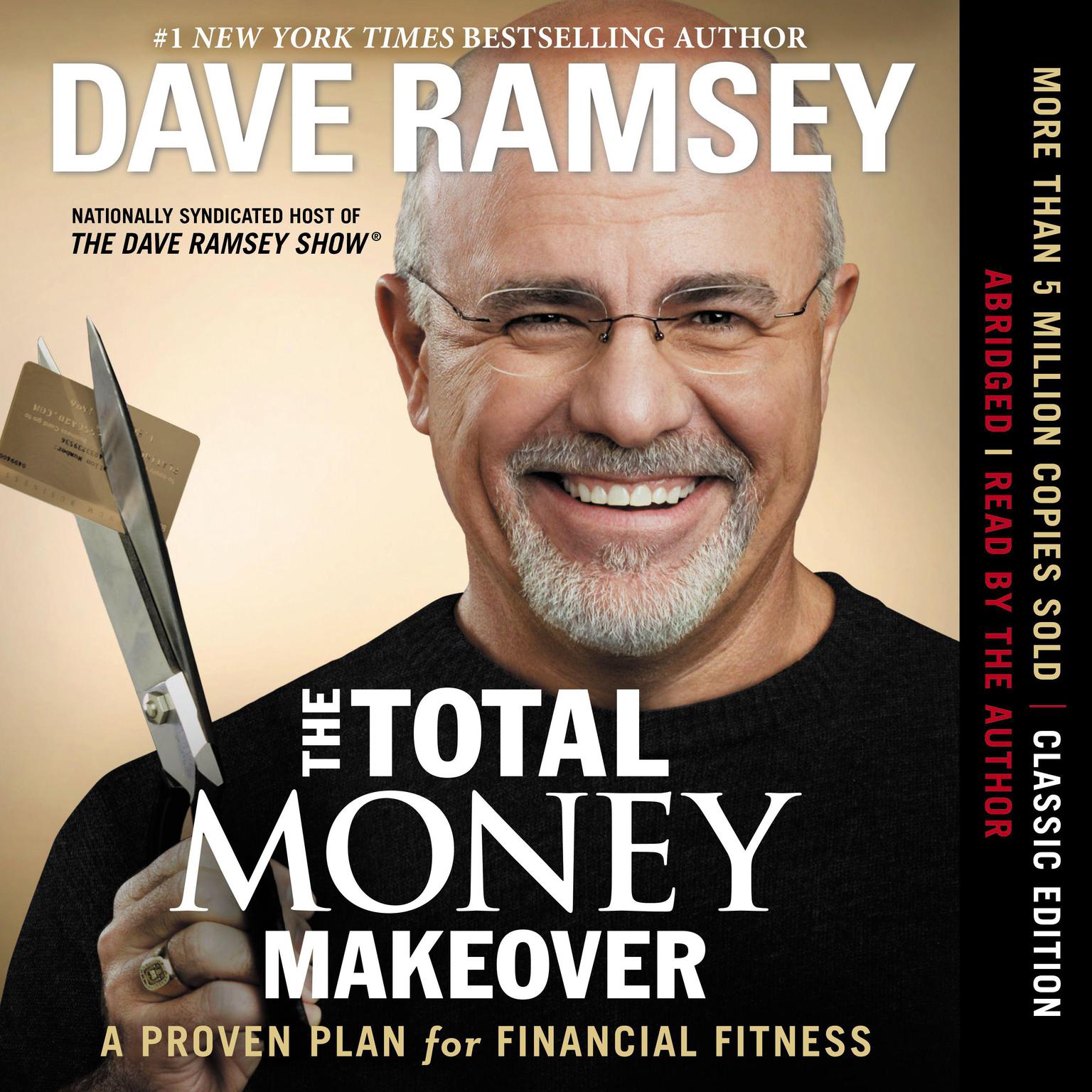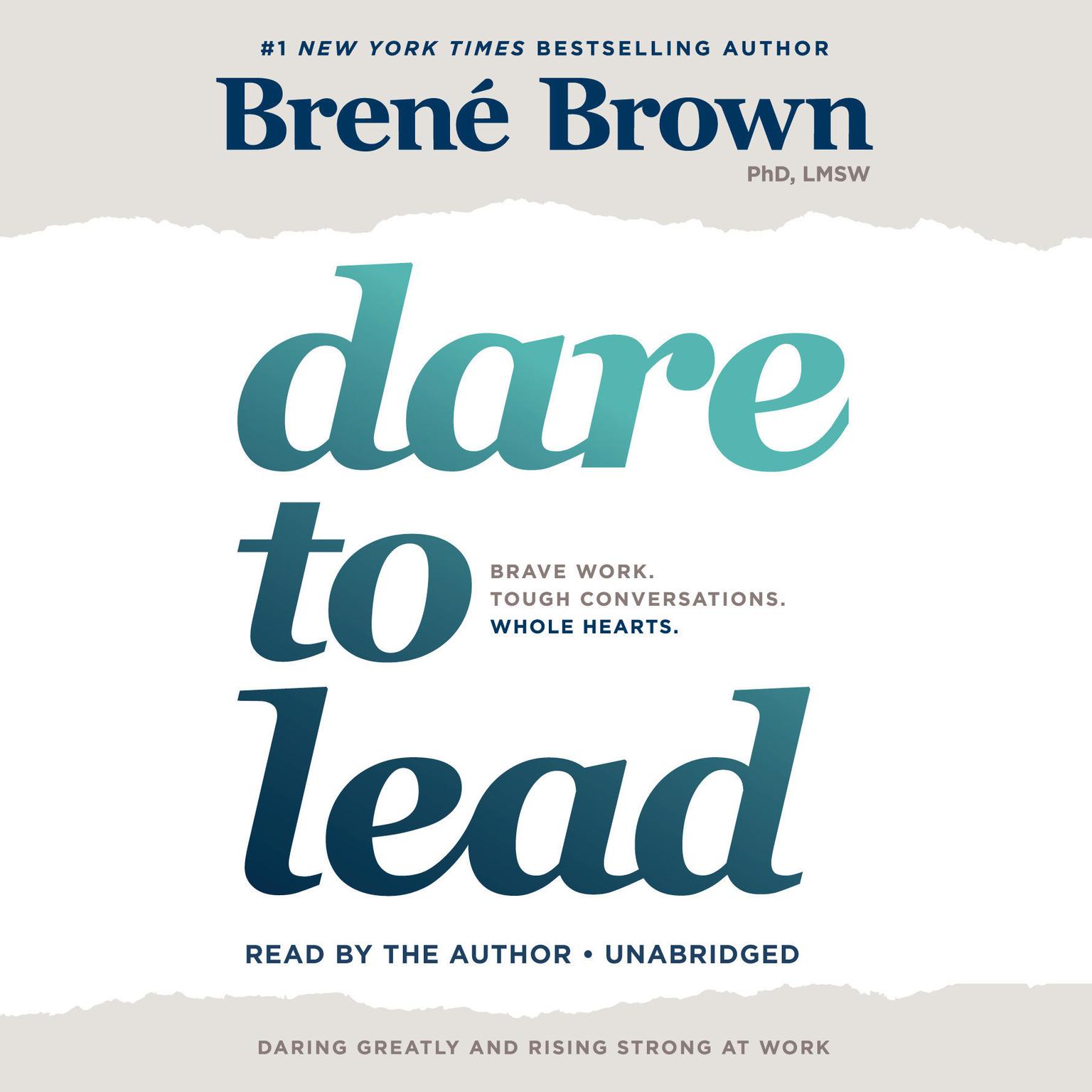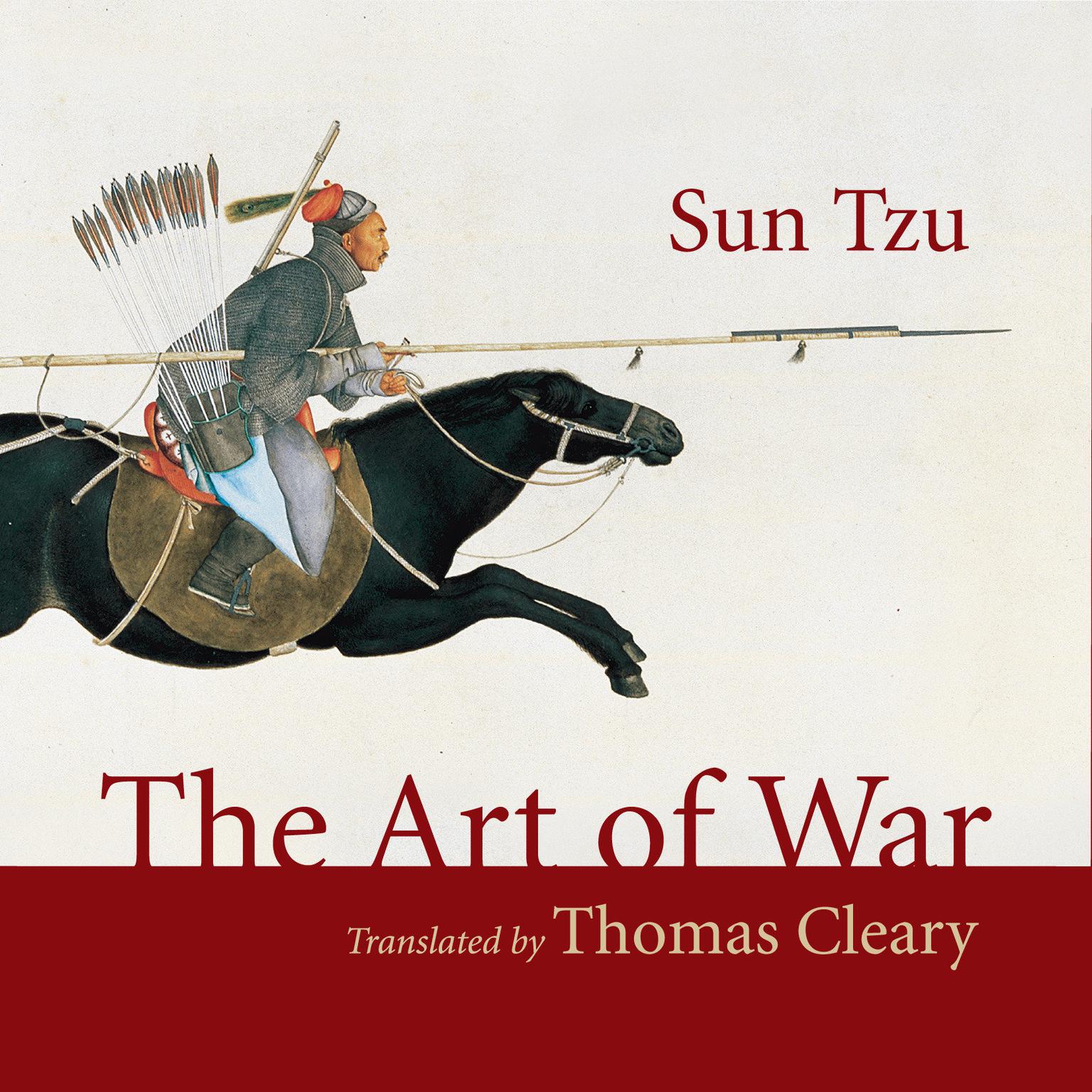Plot Summary
Michael Lewis is the writer of Liar’s Poker which came out in 1989. Even back then, Lewis was writing about Wall Street and the levels of corruption that existed in that milieu. He freely admitted that he was part of this corrupt movement and boasted about his year-end bonus in that book. In The Big Short: Inside the Doomsday Machine, Lewis gives us yet another insider look at what led to the financial crisis of 2008 which is going to cost the economy several trillion dollars. He does this by following the careers of three people who saw the direction in which the economy was heading and decided to make a killing from it.
There are two character types in financial markets—the long and the short. Whereas the long invests in a security that is not currently doing well in hopes that it will do so in the long run, the short sells off the security whose price, he suspects, is going to plummet and plans to buy it back cheaply at a later date. The stories of Steve Eisman, Michael Burry and Charlie Ledley are examples of those who shorted securities and made several hundreds of million dollars in 2008.
Eisman recognized that the housing market didn’t perform the kind of analysis necessary before handing out mortgages and made money by selling off the worst of these. Michael Burry is a doctor with Asperger’s who started a fund with some money that came his way as a settlement. He started looking into bonds and, realizing how much lending standards had fallen, made money by shorting subprime mortgage bonds. Charlie Ledley came to the conclusion that the best way to make money was to take the thing Wall Street considered least likely to happen and to bet on its happening.
The Big Short shows how, even when most people believed certain outcomes to be impossible, mavericks like Eisman, Burry and Ledley had the presence of mind to look in a different direction and see what was really going to happen, either through analysis or just by noticing things others didn’t. These are stories we can keep in mind to prevent something like the crash of 2008 from happening again.
Lewis was born in New Orleans to a lawyer and a community activist. He went to Princeton University where he studied Art History, and later, he attended the London School of Economics where he got a Master’s in Economics. He worked for Salomon brothers before retiring to become a financial journalist. He has written for The New York Times Magazine, The Spectator, Conde Nast Portfolio and Vanity Fair where he is currently a contributing editor. He is the writer of over a dozen books including Moneyball which was made into a hit movie starring Brad Pitt. He has been married three times and currently lives in Berkeley, CA with his third wife, Tabitha Soren and three children.
“Michael Lewis does an amazing job of explaining the crash of 2008 clearly and in an extremely interesting manner. Rather than simply demonizing the investment bankers for their mistakes, he shows the environmental variables that resulted in their actions. While the media or an average person on the street might blame the bankers poor moral judgement, or lack of empathy, Lewis takes a more sociological position and demonstrates the way in which compensation and recognition were structured within the mortgage IBankong industry in a way that encouraged behavior that was not in the long term interest of the market or the firm. Highly recommended for anyone who enjoys a great financial story or wants to understand the catalysts of the 2008 crash and following recession.”
—
Alexander (5 out of 5 stars)
Publisher Summary
Featuring an Exclusive Audio Interview with Michael Lewis
When the crash of the U.S. stock market became public knowledge in the fall of 2008, it was already old news. The real crash, the silent crash, had taken place over the previous year, in bizarre feeder markets where the sun doesn’t shine, and the SEC doesn’t dare, or bother, to tread: the bond and real estate derivative markets where geeks invent impenetrable securities to profit from the misery of lower and middle-class Americans who can’t pay their debts. The smart people who understood what was or might be happening were paralyzed by hope and fear; in any case, they weren’t talking.
The crucial question is this: Who understood the risk inherent in the assumption of ever-rising real estate prices, a risk compounded daily by the creation of those arcane, artificial securities loosely based on piles of doubtful mortgages?
Michael Lewis turns the inquiry on its head to create a fresh, character-driven narrative brimming with indignation and dark humor, a fitting sequel to his #1 bestselling Liar’s Poker. Who got it right? he asks. Who saw the ever-rising real estate market for the black hole it would become, and eventually made billions of dollars from that perception? And what qualities of character made those few persist when their peers and colleagues dismissed them as Chicken Littles? Out of this handful of unlikely—really unlikely—heroes, Lewis fashions a story as compelling and unusual as any of his earlier bestsellers, proving yet again that he is the finest and funniest chronicler of our times.
Michael Lewis, “is the finest storyteller of our generation.”—Malcolm Gladwell
Download and start listening now!

